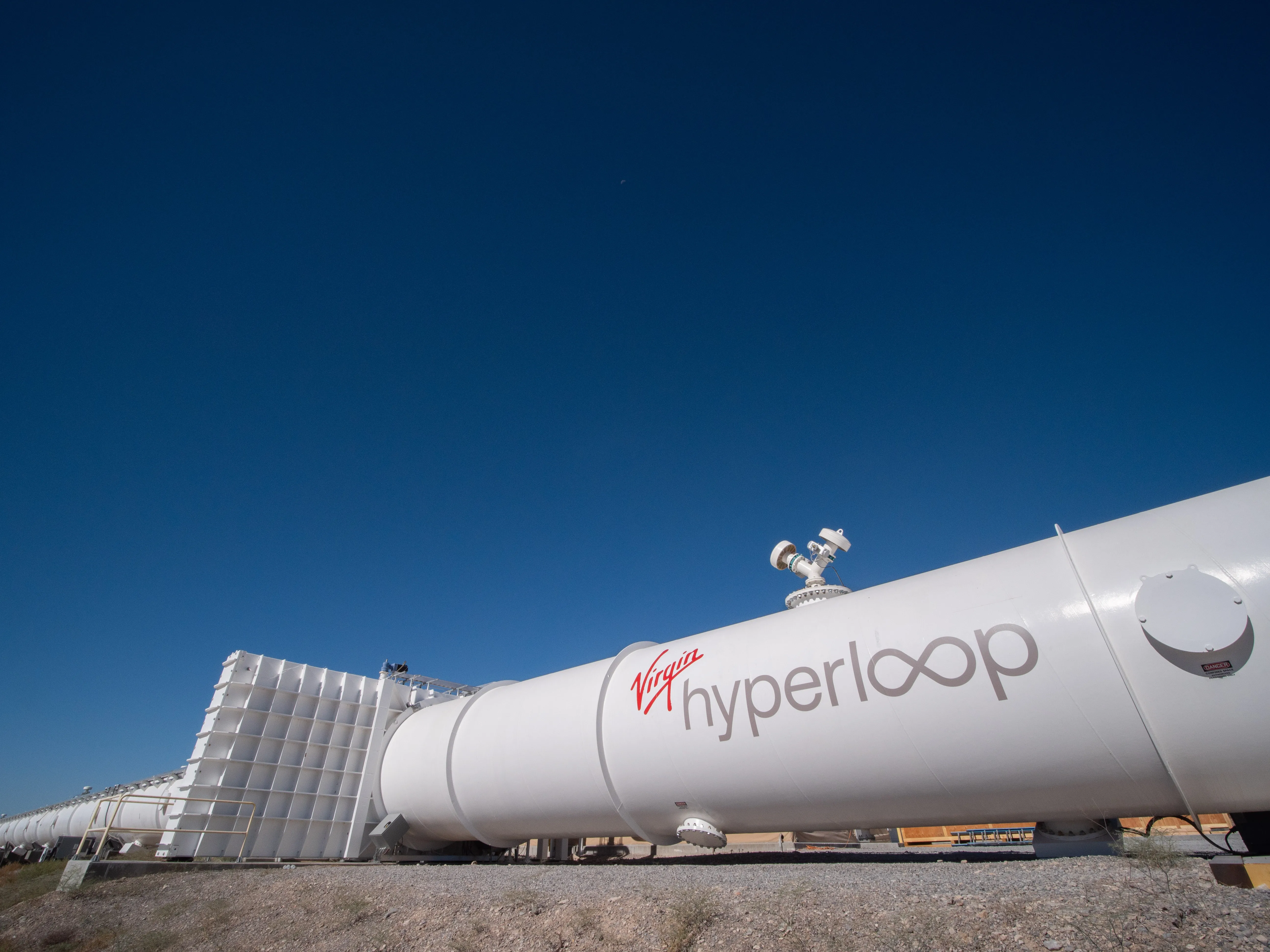The UK’s Institution of Civil Engineers has issued its 2014 State of the Nation: Infrastructure report, which focuses on the performance, capacity and condition of the UK's key economic infrastructure networks.
The report finds that the UK approach to delivering and maintaining infrastructure requires attention and recommends that progress made to date should be built upon to ensure that the UK possesses world class infrastructure. It also finds that three sectors – energy, flood management and local tra
June 27, 2014
Read time: 2 mins
The UK’s Institution of Civil Engineers has issued its 2014 State of the Nation: Infrastructure report, which focuses on the performance, capacity and condition of the UK's key economic infrastructure networks.
The report finds that the UK approach to delivering and maintaining infrastructure requires attention and recommends that progress made to date should be built upon to ensure that the UK possesses world class infrastructure. It also finds that three sectors – energy, flood management and local transport – are of particular concern, while water, waste and strategic transport require ‘future proofing’. The report also addresses cross-cutting issues such as decarbonisation, infrastructure design standards, availability of infrastructure services and impacts of changing weather patterns and population growth.
Responding to the report, Richard Threlfall, KPMG UK head of Infrastructure, Building and Construction, says: “The report makes grim reading, forcing us all to confront the reality of the infrastructure deficit in our energy, flood defence and local transport systems.
“It is a challenge to all our political parties either to grasp the nettle now and invest for a 21st century society, or explain to voters why the standard of living we enjoy today may not be as good for our children.
“It represents a strong endorsement for Sir John' Armitt's proposed Infrastructure Commission, in its calls for an integrated national transport strategy, and prioritisation criteria between infrastructure schemes in the National Infrastructure Plan.
“The report also bravely provokes the idea that in future perhaps the UK cannot expect 100 per cent infrastructure availability. Are we a nation that will accept electricity rationing, or regular closure of rail and road networks in the event of flooding?”
The report finds that the UK approach to delivering and maintaining infrastructure requires attention and recommends that progress made to date should be built upon to ensure that the UK possesses world class infrastructure. It also finds that three sectors – energy, flood management and local transport – are of particular concern, while water, waste and strategic transport require ‘future proofing’. The report also addresses cross-cutting issues such as decarbonisation, infrastructure design standards, availability of infrastructure services and impacts of changing weather patterns and population growth.
Responding to the report, Richard Threlfall, KPMG UK head of Infrastructure, Building and Construction, says: “The report makes grim reading, forcing us all to confront the reality of the infrastructure deficit in our energy, flood defence and local transport systems.
“It is a challenge to all our political parties either to grasp the nettle now and invest for a 21st century society, or explain to voters why the standard of living we enjoy today may not be as good for our children.
“It represents a strong endorsement for Sir John' Armitt's proposed Infrastructure Commission, in its calls for an integrated national transport strategy, and prioritisation criteria between infrastructure schemes in the National Infrastructure Plan.
“The report also bravely provokes the idea that in future perhaps the UK cannot expect 100 per cent infrastructure availability. Are we a nation that will accept electricity rationing, or regular closure of rail and road networks in the event of flooding?”







